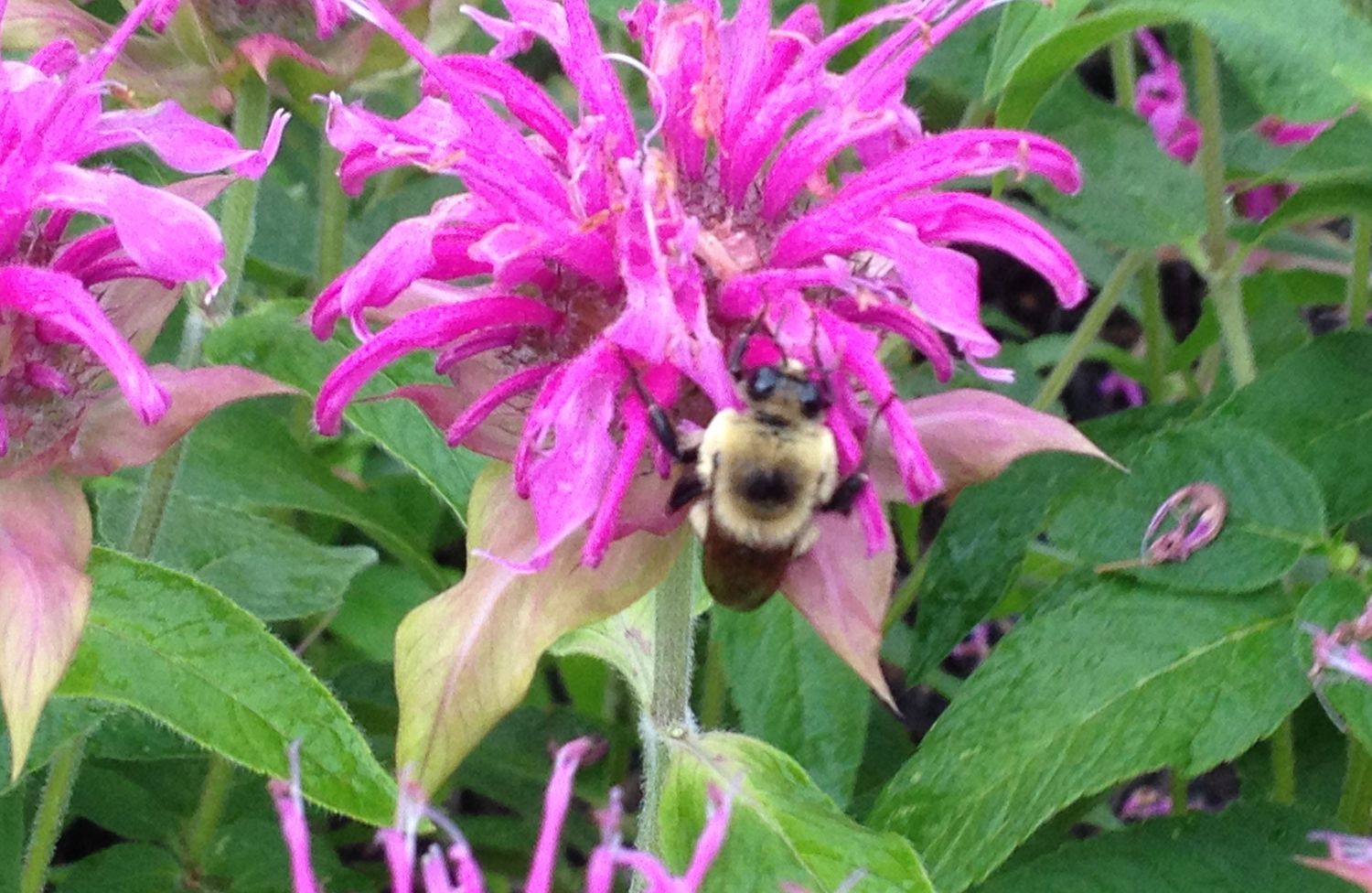How to keep beneficial bugs in your garden
Published 12:00 am Thursday, June 26, 2014
SALISBURY — This week has been a great time to get in the garden! At our office, we hosted an event to get youth actively involved. The main way was to create a pallet garden. While we were out in the gardens at the Cooperative Extension office, an Extension Master Gardener brought a nice specimen of a beneficial insect.
Most of the youth and parents did not know what it was, so for this week’s column, I felt it important to discuss the difference between beneficial insects and pollinators.
There are many beneficial insects and pollinators. The neat thing is that they are one and the same. To attract them, we encourage planting flowers that lure them to your location. I prefer plants that are multipurpose, whether they are edible, have medicinal uses or are a beneficial insect beacon. One thing to remember when selecting plants for a beneficial insect/pollinator garden is that you need to keep the insect in mind. Sometimes, flowers are bred to have little pollen and do not work very well for our beneficials. One such flower is a double flower sunflower.
Many herbs provide a wonderful attractant to our beneficials, and most gardeners enjoy planting herbs close to or within their vegetable gardens. With one of our raised beds at the office, we planted herbs close by. The specimen that was shown at the Pallet Gardening class was a tomato hornworm covered in pupae from a parasitic wasp called a Bracnoid wasp. Parasitic wasps can help parasitize many pests such as aphids, stink bug eggs, armyworms and hornworms. This is just one beneficial insect.
Last week I wrote about the assassin bug. There are numerous species of assassin bugs. They are what we call generalists because they will eat just about any insect if they think they can win the battle. Praying mantises are also generalist predators. Lady beetles are one of the most easily recognized beneficial insects, but their larvae are mistaken as pests and killed by accident. Even the larvae are beneficial since they feast on some pests as well.
To attract some beneficials, it is best to plant flowers close by your vegetable garden. As mentioned earlier, herb flowers such as chives, rosemary, oregano and monarda (bee balm) are wonderful flowers to entice beneficials to visit your area. Some additional flowers that are great to have are rudbeckia (black-eyed Susans), echinacea (purple cone flower), sunflowers and nasturtiums. All of these have many purposes and can encourage beneficial insects to help with pest problems, as well as increase pollination.
For more information on beneficial insects, please call the Cooperative Extension office at 704-216-8970. Or visit the links below:
Beneficial Insect ID: http://growingsmallfarms.ces.ncsu.edu/growingsmallfarms-beneficials/
Pollinator/Beneficial Insect plants grown at the Chatham Marketplace pollinator garden: http://www.ces.ncsu.edu/wp-content/uploads/sites/9/2012/08/ChathamMarketplacePlantListforWeb20143.pdf




